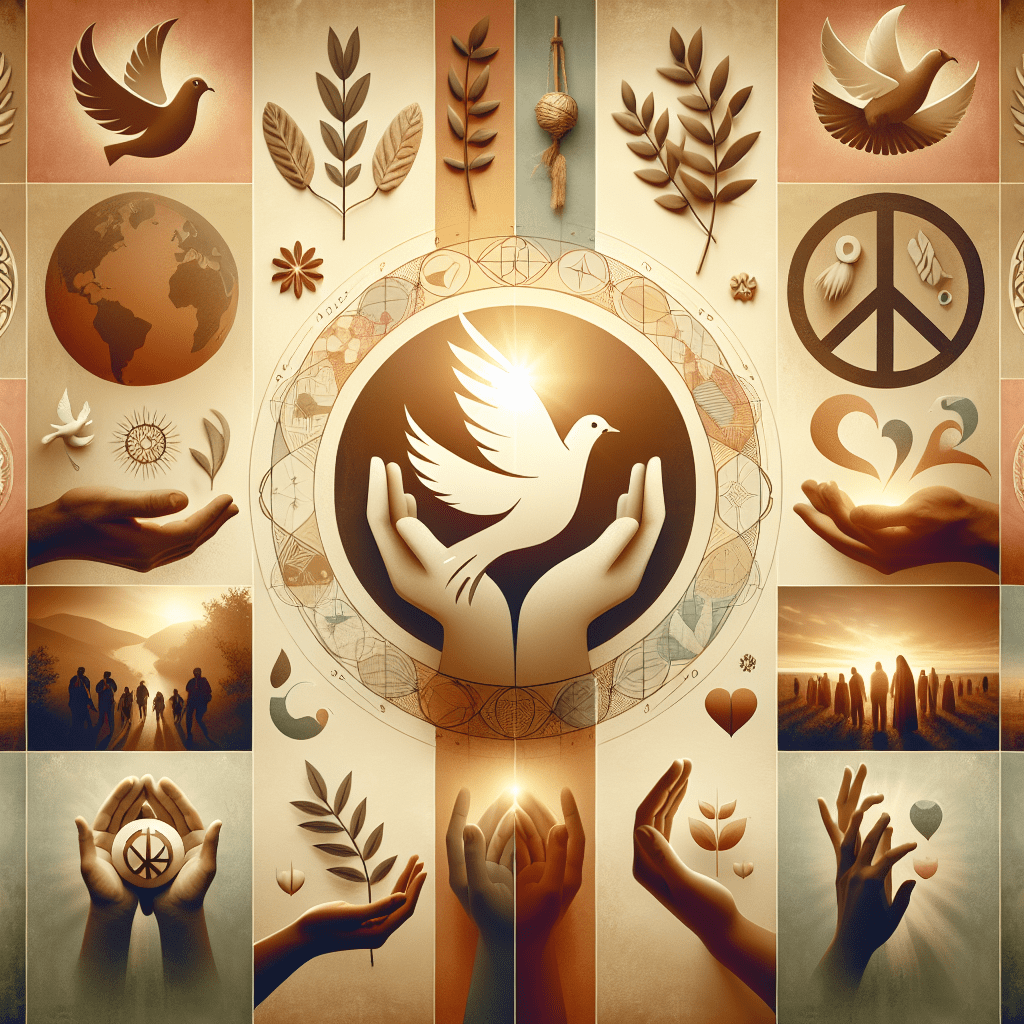Navigating Uncertainty: Trump and Putin's Crucial Call Over Ukraine
Sometimes, the weight of the world can feel heavy—even from the comfort of our living room sofas. Yesterday's phone call between President Donald Trump and Russian President Vladimir Putin over the escalating war in Ukraine is a reminder of how quickly global events can shape our everyday lives. As they discussed the potential for a ceasefire, one couldn't help but wonder about the real impact such decisions have on the people caught in the crossfire.
Global Leaders on the Line: The Phone Call That Could Change Ukraine's Fate
It was a discussion that may pave the way for peace, or just as easily, deepen the divide. Trump spoke not only with Putin but also Ukrainian President Volodymyr Zelenskyy, and various European heads of state, highlighting the urgency of the situation. Referring to the ongoing conflict as a "bloodbath," Trump's words painted a grim picture of the crisis. But with the Kremlin showing restraint towards ceasefire initiatives, the path to peace remains shrouded in uncertainty.
Former U.S. Ambassador to Ukraine, Bridget Brink, didn't mince words when she criticized the Trump administration's approach, accusing it of pressuring Ukraine, the "victim," rather than Russia, the "aggressor." This sharp critique underscores the complexity and sensitivities involved in diplomatic relations and international policies.
Where Do We Go From Here?
As average citizens, the machinations of high politics often feel remote, and yet, the outcomes are profoundly personal. Families, futures, and freedoms are on the line. Through a phone call between world leaders, lives can be irrevocably changed, underscoring the immense responsibilities shouldered by those in power.
In these times of global crises, the importance of informed, thoughtful leadership cannot be overstated. As observers, our role is to stay informed, ask critical questions, and hold our leaders accountable for the decisions they make in our names.
Conclusion
As details emerge and negotiations hopefully commence, the global community remains a collective spectator, anxiously waiting to see if this high-stakes diplomacy will lead to a breakthrough or further heartbreak. Are these talks just another patch on a worn tire, or a genuine step towards a peaceful resolution?
What do you think about the effectiveness of diplomatic talks in resolving major conflicts? Share your thoughts—I'd love to hear from you!
FAQ
-
What did Trump discuss with Putin and other leaders?
Trump's discussion with Putin, Zelenskyy, and European leaders focused on initiating ceasefire negotiations in Ukraine's war. -
What was the response from the Kremlin regarding a ceasefire?
Despite Trump's hopeful announcement, the Kremlin has shown a lack of eagerness for a ceasefire. -
What criticism did former U.S. Ambassador Bridget Brink offer?
Bridget Brink criticized the Trump administration's strategy of pressuring Ukraine instead of Russia, the aggressor in the conflict. -
Why does global diplomacy matter to ordinary people?
Decisions made through global diplomacy can directly affect worldwide stability, impacting everything from international relations to individual livelihoods.
Hashtags
#WorldPolitics #TrumpPutinCall #UkraineCrisis #GlobalLeaders #PeaceTalks
Related:
As Harvard Health explains, understanding the psychological impact of global news can help us manage our response to it better.
